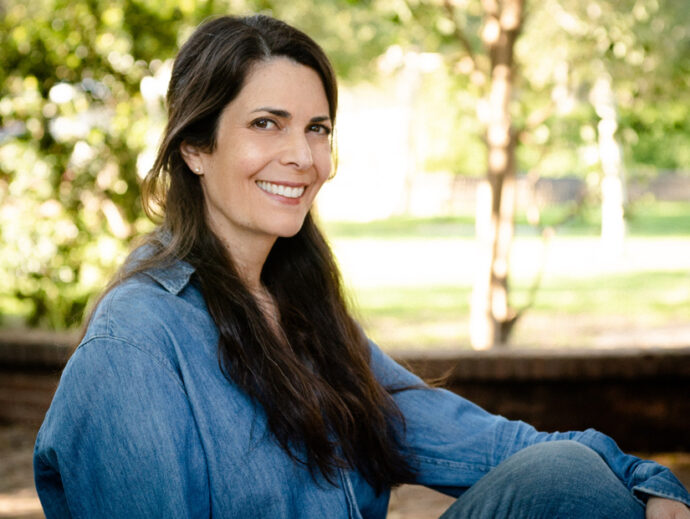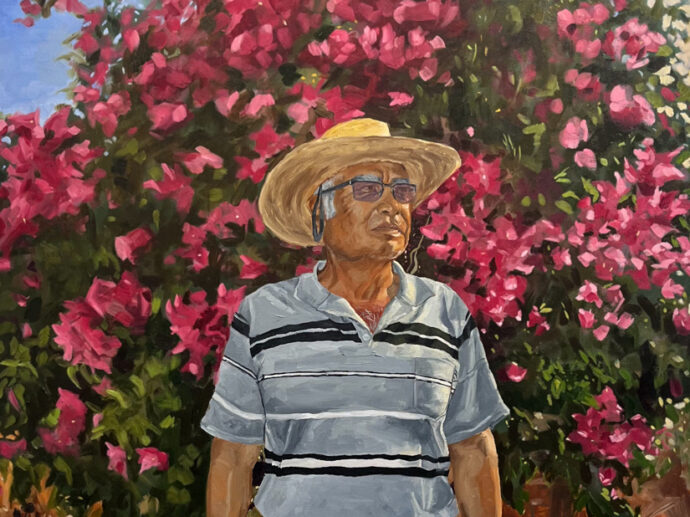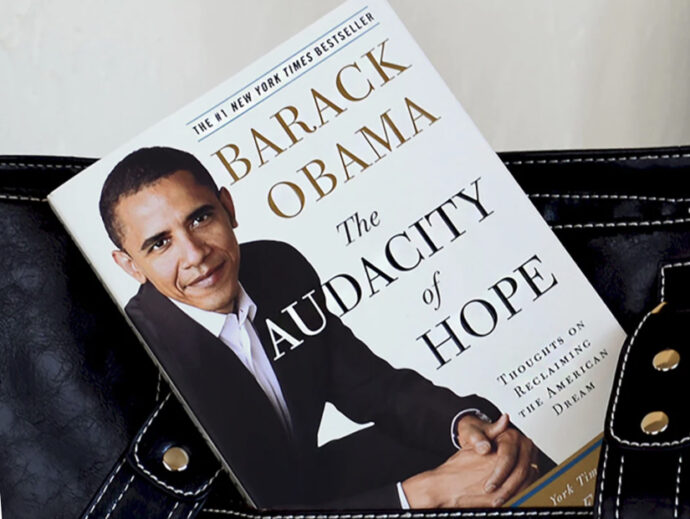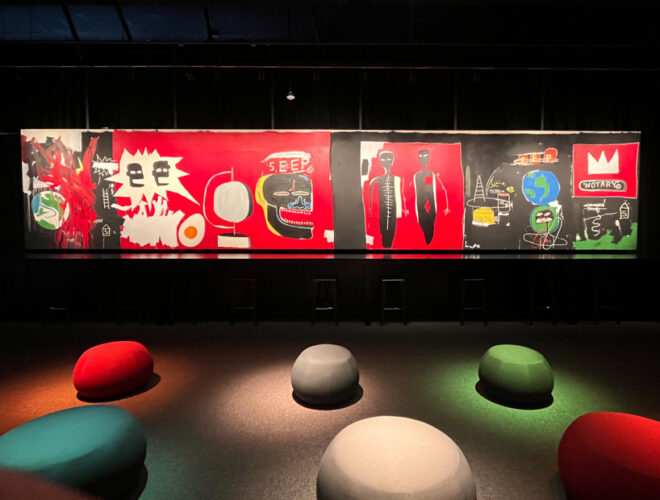The screen goes dark and then lights up in pale blue with the line drawing of Totoro. The audience spontaneously erupts in cheers and clapping. Welcome to a screening of a Studio Ghibli movie. This occurs at every screening I’ve been to in the past few years. The anticipation of joy shines out from the grins of an eager crowd.
Animation enthusiasts are divided between those who love Miyazaki and those who don’t. Among those who love Miyazaki, there are those who also love Takahata and those who stay away from his dark world. I tend to fall among the latter. Isao Takahata has brought to us some of the most depressing, nihilistic movies ever animated. “Only Yesterday” is the opposite. Isao, all is forgiven.
“Only Yesterday” ranks among the best anime I’ve ever seen, and is unlike any previous Takahata movie. The movie juxtaposes mid-1960s Japan and an undefined early 1980s. The main character, 27 year old Taeko, sublimely voiced by Daisy Ridley, reflects on her past and her future. The animation of the present at times borders on photo realism. It is more Miyazaki-like in its lushness and detail. Taeko spends much of the movie remembering her 10-year-old self. The memories are softer focus and fuzzier, much the way that memories arein our minds. The visuals of “Only Yesterday” mesmerize in that way that only Studio Ghibli movies can.

Only Yesterday
Where is your place in the world? Taeko struggles with this as a school girl, and finds her in the same place again at 27. The movie takes us with Taeko from urban Tokyo to the rural farmland as she takes a working vacation to sort things out. An unlikely romance slowly blossoms between Taeko and Toshio, a younger farmer, voiced by Dev Patel with an unexplained British accent. “Slowly” may be an understatement. This is not a romance movie, but a reflection on how we choose to live our lives: listening to the wisdom of elders, and letting go of the pain of the past. The acceptance or rejection of Toshio is a part of this process, and Taeko is in no hurry to rush into the arms of a handsome suitor.

Only Yesterday
I don’t want to give away too much of the movie. You have to sit and be absorbed by it. In the best Ghibli fashion, “Only Yesterday” will transport you into another world. The movie doesn’t end at the beginning of the credits. In fact, I found myself quietly cursing that Takahata’s dark view had prevailed again. But stay in your seats, as Isao discovers his inner Miyazaki, and brings a wonderful resolution to the tale.
“Only Yesterday” is not a new movie. Only the voice acting is brand-new. The movie came out in Japan in 1991. Disney had the rights to release, but chose not to. The movie is a bit blunt in dealing with the beginning of menstruation and the awkwardness in school between girls and boys that this brings. Regardless, we are now rewarded with the pleasure of this masterpiece thanks to GKids. This movie deserves to be seen on the big screen. Be kind to yourself: run to the theater and see this before it disappears.
*








